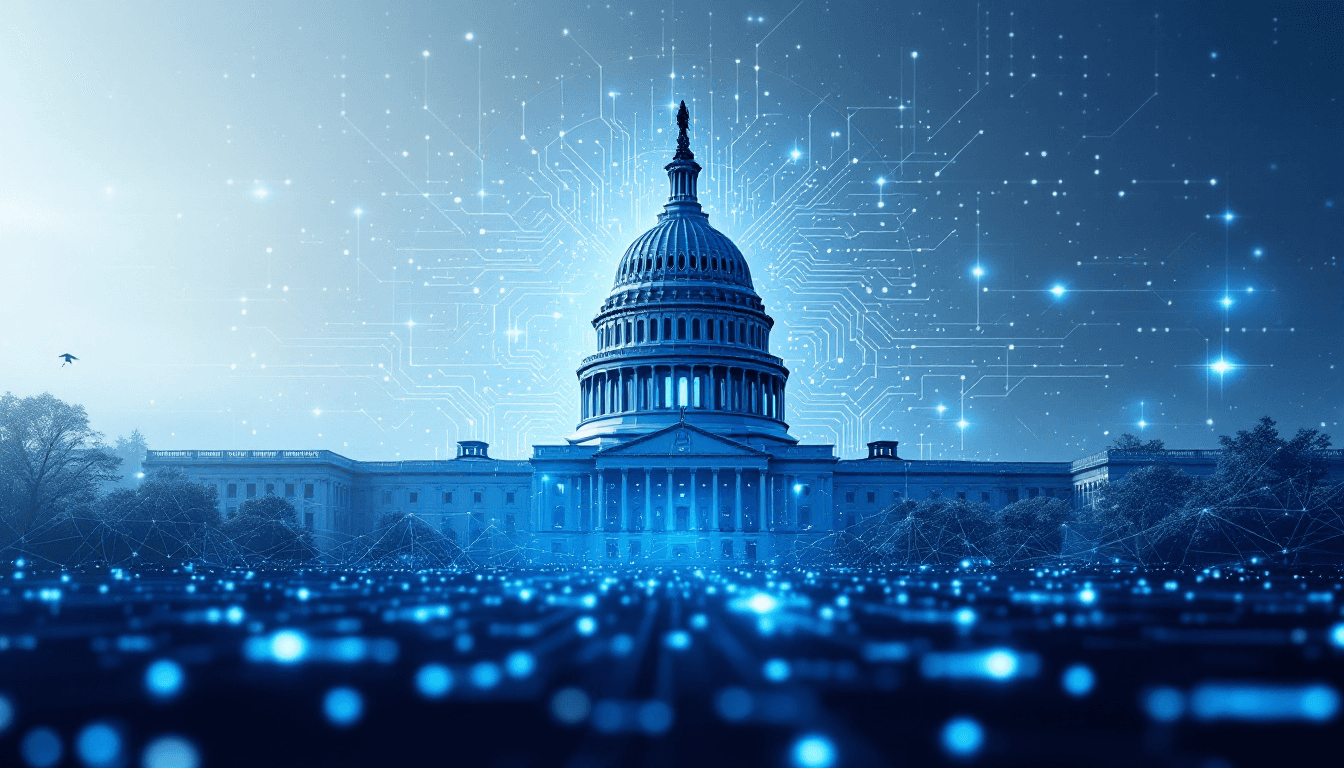AI for National Security
AI for National Security



In a significant development, Meta's Llama AI model is now accessible to the US government for national security uses. This move is expected to enhance the government's capabilities in areas such as threat detection and analysis. But what does this mean for the future of national security and AI?
The Llama AI model, developed by Meta, is a state-of-the-art language model that has been trained on a massive dataset of text from the internet. Its capabilities include natural language processing, text generation, and conversation. By making this model accessible to the US government, Meta is enabling the government to leverage AI for national security purposes, such as analyzing large amounts of data to identify potential threats.
The Llama AI model, developed by Meta, is a state-of-the-art language model that has been trained on a massive dataset of text from the internet. Its capabilities include natural language processing, text generation, and conversation. By making this model accessible to the US government, Meta is enabling the government to leverage AI for national security purposes, such as analyzing large amounts of data to identify potential threats.
But the use of AI in national security raises important questions about accountability and transparency. As AI systems become more advanced, there is a growing concern about the potential for bias and errors. For instance, if an AI system is trained on biased data, it may produce biased results, which could have serious consequences in national security contexts. The US government will need to ensure that it has adequate safeguards in place to prevent such errors and ensure that AI systems are used responsibly.
But the use of AI in national security raises important questions about accountability and transparency. As AI systems become more advanced, there is a growing concern about the potential for bias and errors. For instance, if an AI system is trained on biased data, it may produce biased results, which could have serious consequences in national security contexts. The US government will need to ensure that it has adequate safeguards in place to prevent such errors and ensure that AI systems are used responsibly.
The partnership between Meta and the US government also highlights the growing importance of private sector companies in national security. As AI technology continues to evolve, it is likely that we will see more collaborations between government agencies and private sector companies. This raises important questions about the role of private sector companies in national security and the need for clear guidelines and regulations to govern their involvement.

